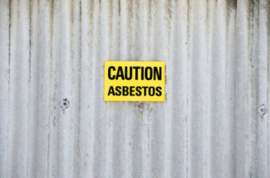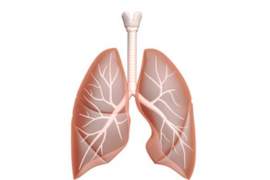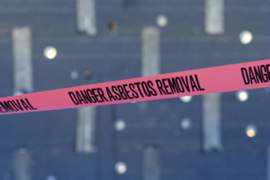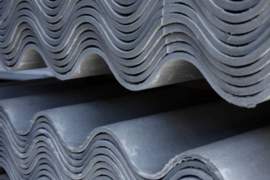
New Jersey Asbestos Abatement Procedure
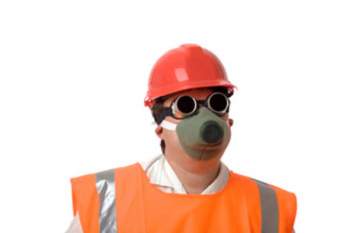
Must Read
Most matters regarding the New Jersey asbestos abatement procedure are handled by the Department of Health and Human Services. DHHS will evaluate current procedures and techniques to ensure that they are applied effectively. The Department of Labor certifies professionals to conduct asbestos abatement. The Department of Environmental provision will ensure the waste and debris from the asbestos abatement will be disposed properly. Sources of asbestos contamination You will find asbestos in many applications in the home, from insulation to fireproofing. Some of these applications are friable, meaning that their presence is a health hazard due to the fact that they will break and crumble with minimal effort. Any material that has more than 1% of its weight in asbestos is classified as a regulated asbestos containing material. RACMs will be subject to the appropriate New Jersey asbestos abatement procedure, which generally includes full abatement for friable materials and limited removal of non-friable materials for simple renovations. Demolitions and fire training usually requires full removal as even non-friable materials become friable through these activities. Many occupations will also have some danger of working with asbestos materials. Each of these occupations will have specific guidelines for working with asbestos containing materials. This includes asbestos abatement, which has standards for worker licensing, auto mechanics that may encounter asbestos brakes, and workers in public buildings, such as schools, as asbestos materials were prevalent during construction. Notification requirements All notifications must be done ten days in advance for any demolition or renovation and will be done in writing with the required forms. This form accounts for the type and amount of asbestos present in the structure. The abatement procedure, plans for disposal and contact information for the asbestos contractor will all be noted on the form before it is submitted to both the DEP and EPA for approval. Structures consisting of less than four residential units are exempt from notifying the state or needing to hire a contractor. Proper disposal of asbestos containing materials The State of New Jersey certifies certain sites for the disposal of asbestos containing materials. You will need to contact the DEP for more information and instruction on how to seal and transport the asbestos to the disposal site. Large scale jobs will have the asbestos contractor handle this on your behalf. Even homeowners exempt from notification requirements must dispose of asbestos accordingly to avoid fines and dumping penalties. Self-asbestos abatement Homeowners nay remove asbestos on their own, but if they fail to follow New Jersey asbestos abatement procedure, they risk contaminating themselves and the entire structure. An asbestos inspector is important for even the smallest of renovations to advise you on proper asbestos abatement procedure. The inspector can also perform air and laboratory testing to determine the extent of friable asbestos material in your home.





